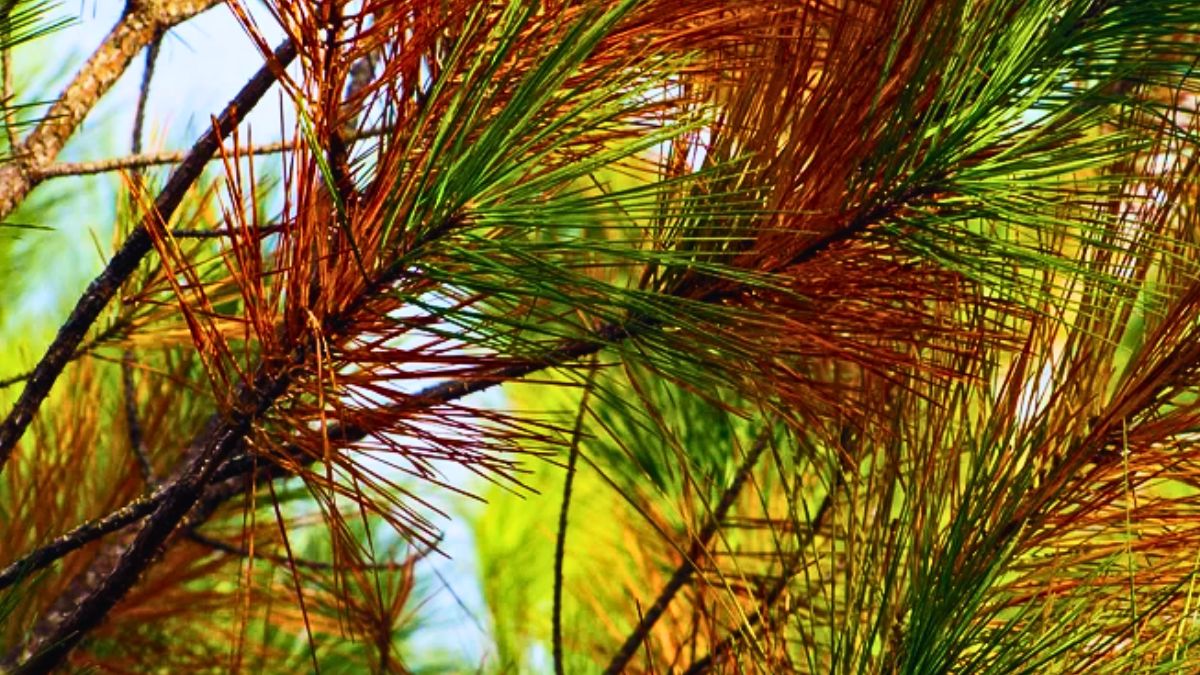News
Pines in Mare-aux-Vacoas Show Aging Signs, Forest Continues Revival at 40-60 Years

For the past few months, visitors to Mare-aux-Vacoas have noticed many pine trees turning brown, losing their needles, and appearing to decline. This has raised concerns and questions. But is there truly cause for alarm?
According to Maurice’s Forest and Wood Conservation Officer, there is no need to panic. He explains that this is a natural, expected process.
Due to Mauritius’s tropical humid climate, pines typically live between 40 and 60 years—much shorter than their counterparts in Europe or temperate regions, where cold weather helps extend their lifespan.
This aging process is not a sign of neglect or disease. It is a normal part of the trees’ life cycle. Forest authorities had anticipated this development years ago.
In 2011, they prevented the trees from being cut down for certain projects, recognizing that they would eventually reach the end of their natural life.
Even after dying, the trees still hold value, as the wood is highly sought after for construction, furniture, and crafts.
Beyond managing the aging trees, a large reforestation project is underway. A replanting plan is already in place, working closely with local NGOs.
The goal is not only to regenerate the forest but also to reinvent it. One innovative initiative is the creation of a “healing forest,” inspired by Asian practices of sylvotherapy, where nature provides physical and mental well-being.
An educational program also supports this green effort. Around 500 schools across the island will give each child a young tree from local nurseries.
Over the course of a year, children will care for their tree, and eventually replant it, becoming active participants in Mauritius’s forest renewal.
The forest conservation officer shares an emotional hope: “One day, when they grow up, they can say, ‘I gave life to this tree.’”
What some see today as a loss is actually part of a natural cycle. One forest is dying, but another is already emerging—more diverse, more resilient, and supported by a new generation of environmental guardians.
Source: l’Express











